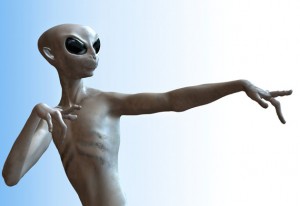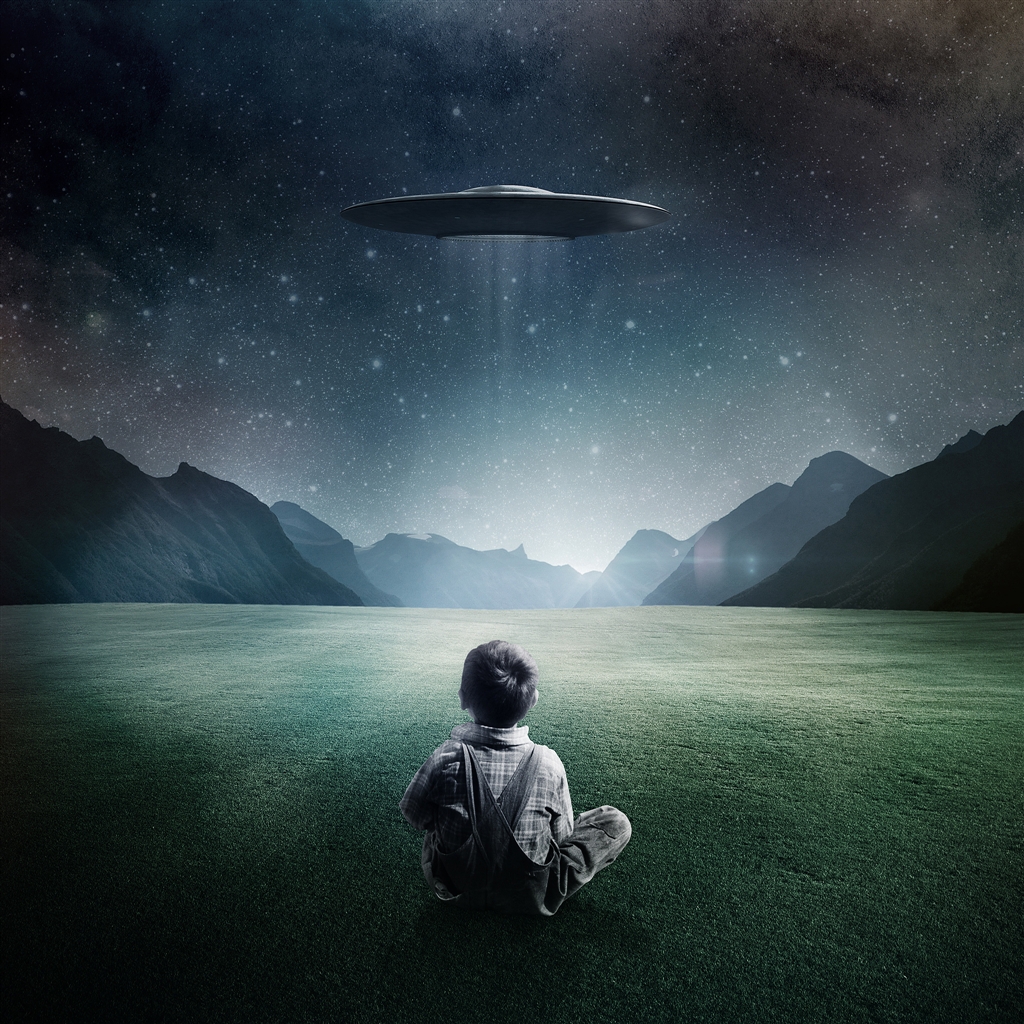The question has been asked for decades: why haven’t psychic powers been proven yet? Psychics have been studied for decades, both in and out of the laboratory, yet the scientific community (and the public at large) remains unconvinced.

In a recent book, “Science & Psychic Phenomena: The Fall of the House of Skeptics,” author Chris Carter insists that the reason that psychic powers have not been proven is because scientists are unaware of the research or refuse to take it seriously because “Clearly many scientists find the claims of parapsychology disturbing.”
This is a common charge leveled against skeptics and scientists: that they refuse to acknowledge the existence of paranormal phenomenon (psychic abilities, ghosts, etc.) because it would somehow challenge or “disturb” their worldview.
ANALYSIS: Curiosity Spots Mystery Mars ‘Flower’
Skeptics and scientists, they say, are deeply personally and professional invested in defending the scientific status quo and cannot psychologically tolerate the idea that they could be wrong. This results in a closed-minded refusal to accept, or even seriously examine, the evidence.
But is this really true? Do scientists ignore and dismiss claims and evidence that challenge dominant scientific ideas? Let’s examine some recent examples.
Psychic Powers
A study published in 2011 in a scientific journal claimed to have found strong evidence for the existence of psychic powers such as ESP. The paper, written by Cornell professor Daryl J. Bem, was published in The Journal of Personality and Social Psychology and quickly made headlines around the world for its implication: that psychic powers had been scientifically proven.
Bem’s claim of evidence for ESP wasn’t ridiculed or ignored; instead it was taken seriously and tested by scientific researchers.
Replication is of course the hallmark of valid scientific research — if the findings are true and accurate, they should be able to be replicated by others. Otherwise the results may simply be due to normal and expected statistical variations and errors. If other experimenters cannot get the same result using the same techniques, it’s usually a sign that the original study was flawed in one or more ways.
A team of researchers collaborated to accurately replicate Bem’s final experiment, and found no evidence for any psychic powers. Their results were published in the journal PLoS ONE. Bem — explicitly contradicting Carter’s suggestion that skeptics set out to discredit his work or refused to look at it — acknowledged that the findings did not support his claims and wrote that the researchers had “made a competent, good-faith effort to replicate the results of one of my experiments on precognition.”
ANALYSIS: Indonesian Crop Circle Prompts Rumors of Aliens
The following year a second group of scientists also tried to replicate Bem’s ESP experiments, and once again found no evidence for psychic power. The article, “Correcting the Past: Failures to Replicate Psi,” was published in The Journal of Personality and Social Psychology and is available on the web page of the Social Science Research Network.
Einstein’s Mistake?
In September 2011, news shot around the world that Italian physicists had measured particles traveling faster than light. The neutrino in the experiment only exceeded the speed of light by a little tiny bit — 60 nanoseconds — but if validated would violate the fundamental laws of physics.
Questions swirled: Would the findings hold up under repeated experiments? Could this team have proven Einstein wrong about the speed of light?
What was the reaction from the scientific community to the news of this fundamentals-of-physics-challenging finding? They didn’t ignore the results, hoping the inconvenient truth would go away; they didn’t brand the scientists liars or hoaxers; they didn’t shout, “Burn the witch, this is heresy and cannot be true!”
Instead, they did what all scientists do when confronted with such anomalous evidence: they took a closer look at the experiment to make sure the results were valid, and tried to replicate the research. It later turned out that the anomaly was caused by at least two measurement errors, possibly including a loose cable: the experiment was flawed.
The scientists were not skeptical because accepting that Einstein was wrong about something would lead to a nervous breakdown, or that their whole worldview would crumble beneath them, or that they would have to accept that science doesn’t know everything.
ANALYSIS: Real-life ‘Paranormal Activity’: Are Ghosts Real?
The reason scientists were skeptical is because the new study contradicted all previous experiments. That’s what good science does: When you do a study or experiment — especially one whose results conflict with earlier conclusions, you study it closely and question it before accepting the results.
In science, those who disprove dominant theories are rewarded, not punished. Disproving one of Einstein’s best-known predictions (or proving the existence of psychic powers) would earn the dissenting scientists a place in the history books, if not a Nobel Prize.
The same pattern exists in other areas of the unexplained. For example many scientists have worked on analyzing alleged hair from mysterious animals such as Bigfoot and the Chupacabra. Researchers from Oxford University spent part of last year collecting samples of alleged Bigfoot hair for possible genetic identification; geneticist Bryan Sykes conducted DNA analysis and plans to publish his results in a peer-reviewed scientific journal soon.
Scientific Blinders or Lack of Evidence?
The reason that psychic powers, Bigfoot, ghosts, and other phenomena are not accepted by the scientific community is simply because there is little or no good evidence for them — not because scientists haven’t looked at the evidence.
Better research follows better evidence, and as one prominent scientist and Bigfoot researcher, British primatologist John Napier noted, “There are no shortage of problems to tackle, and it is not surprising that scientists prefer to investigate the probable rather than beat their heads against the wall of the faintly possible.”
The evidence for psychic powers, like the evidence for anything else, stands or falls on its own merits. There’s no reason in the world that scientists would fear the unknown, or be afraid to learn more about the world we live in.

